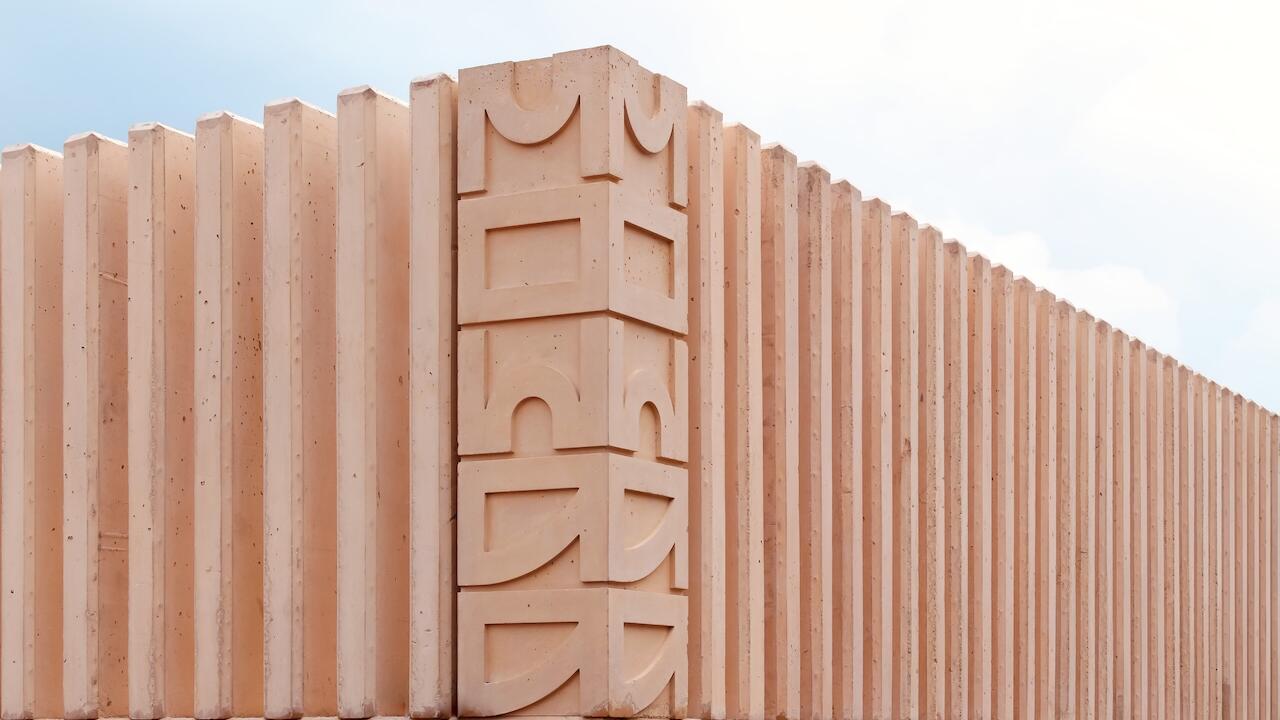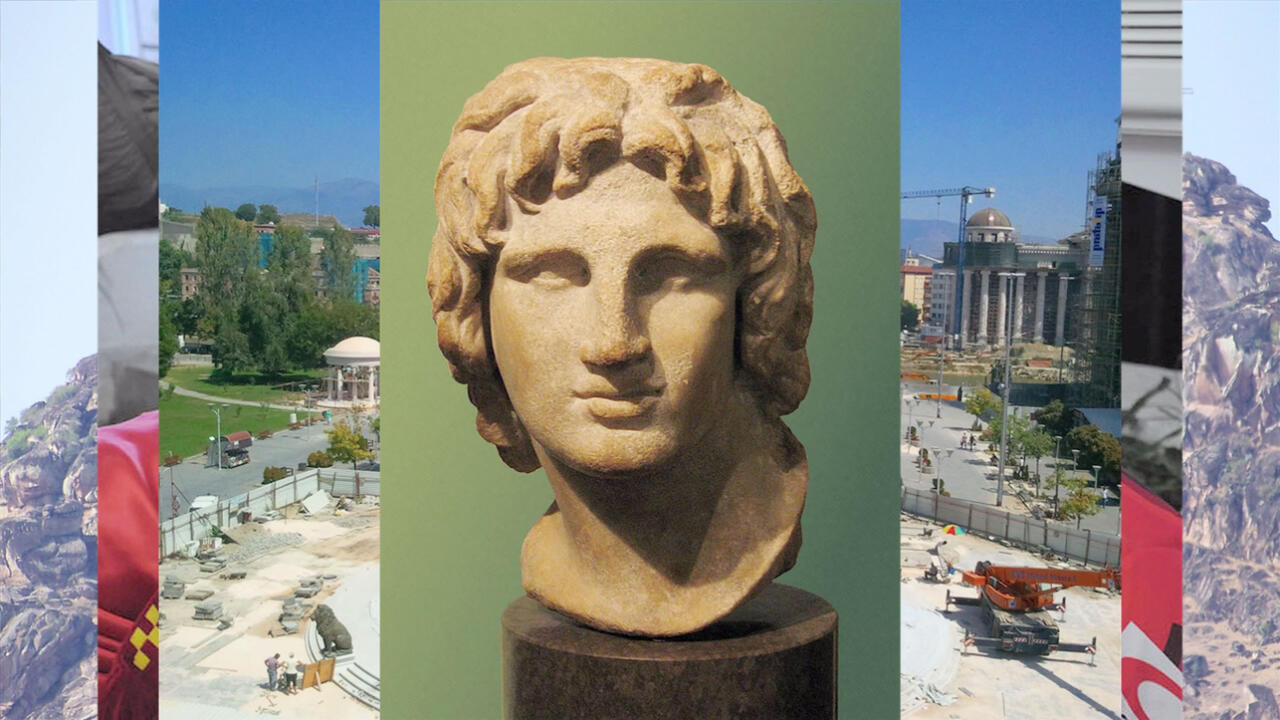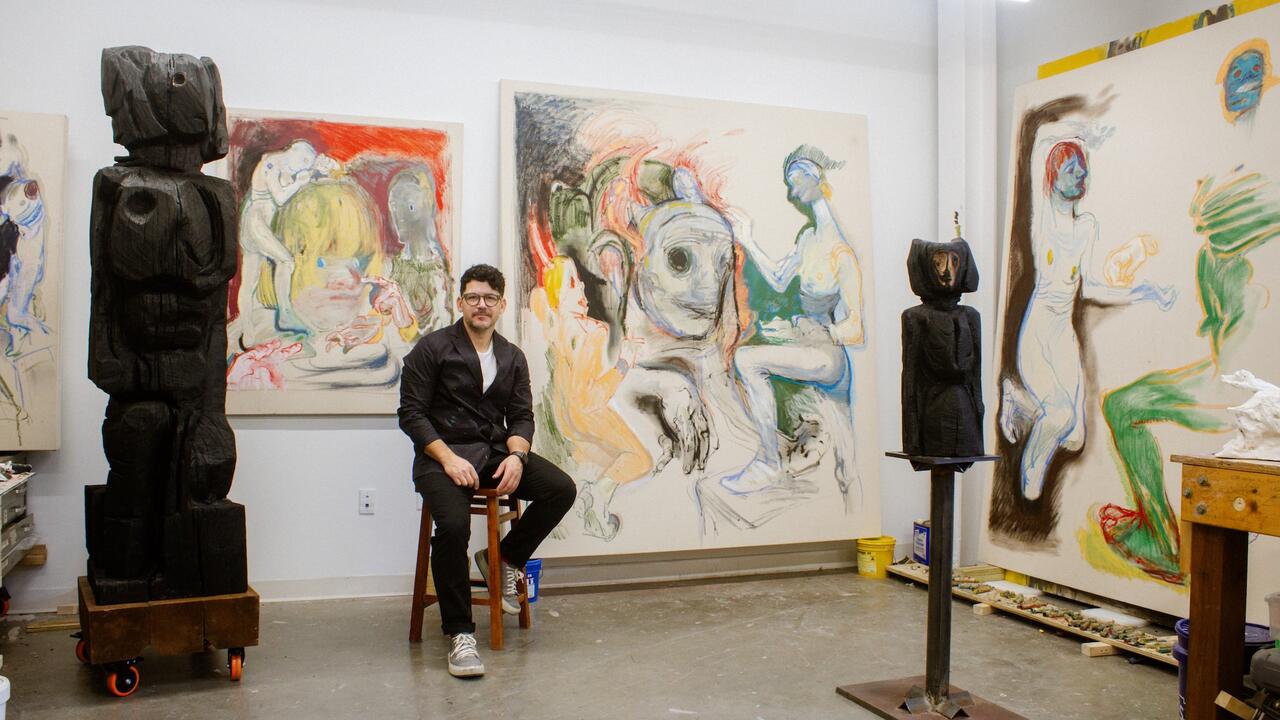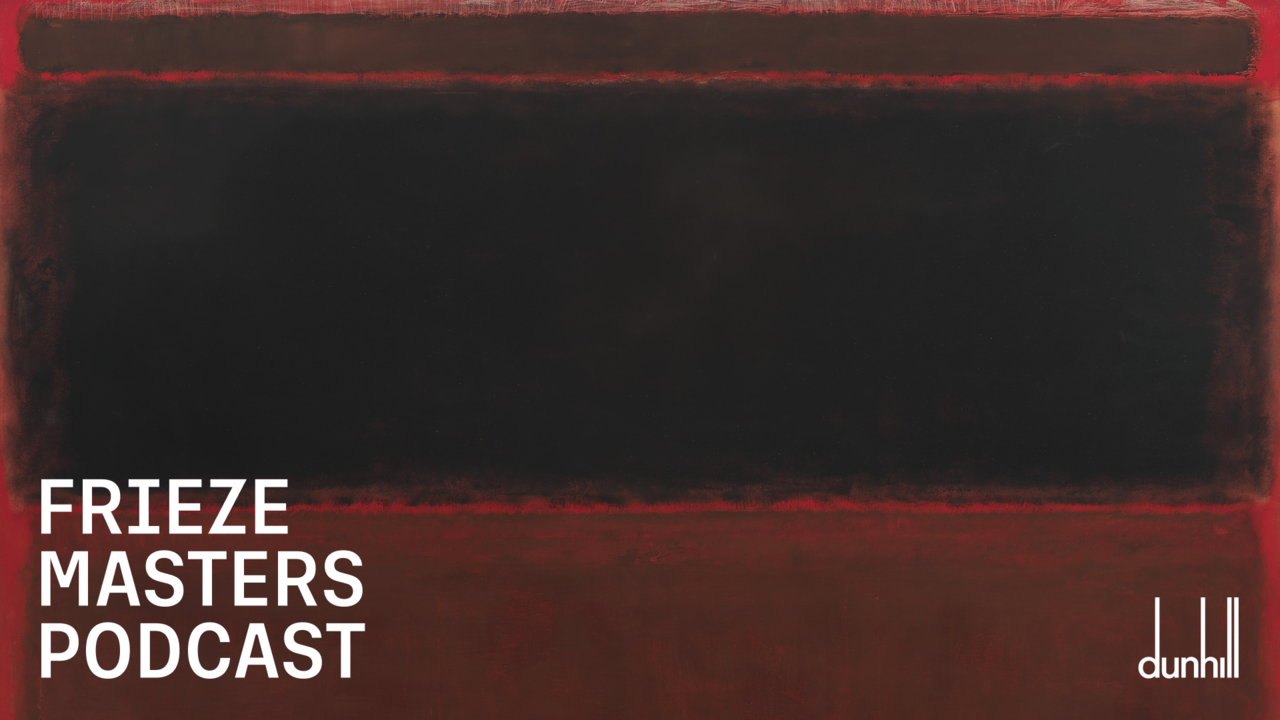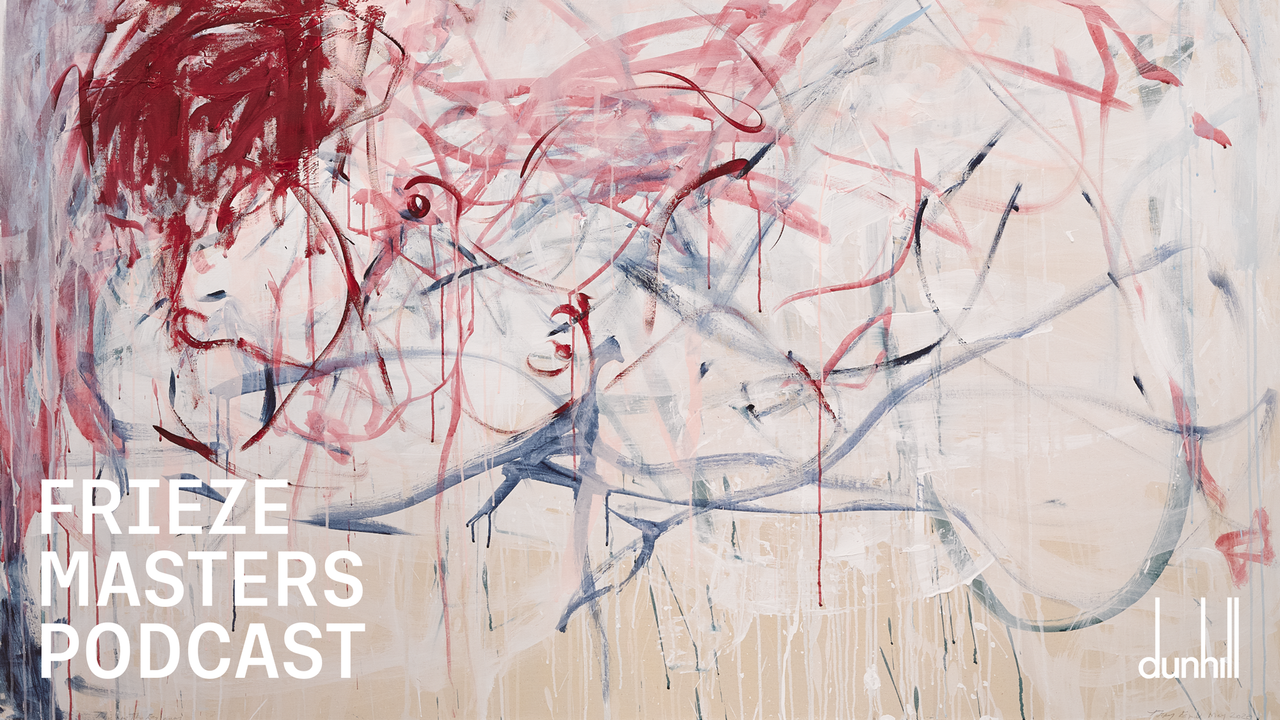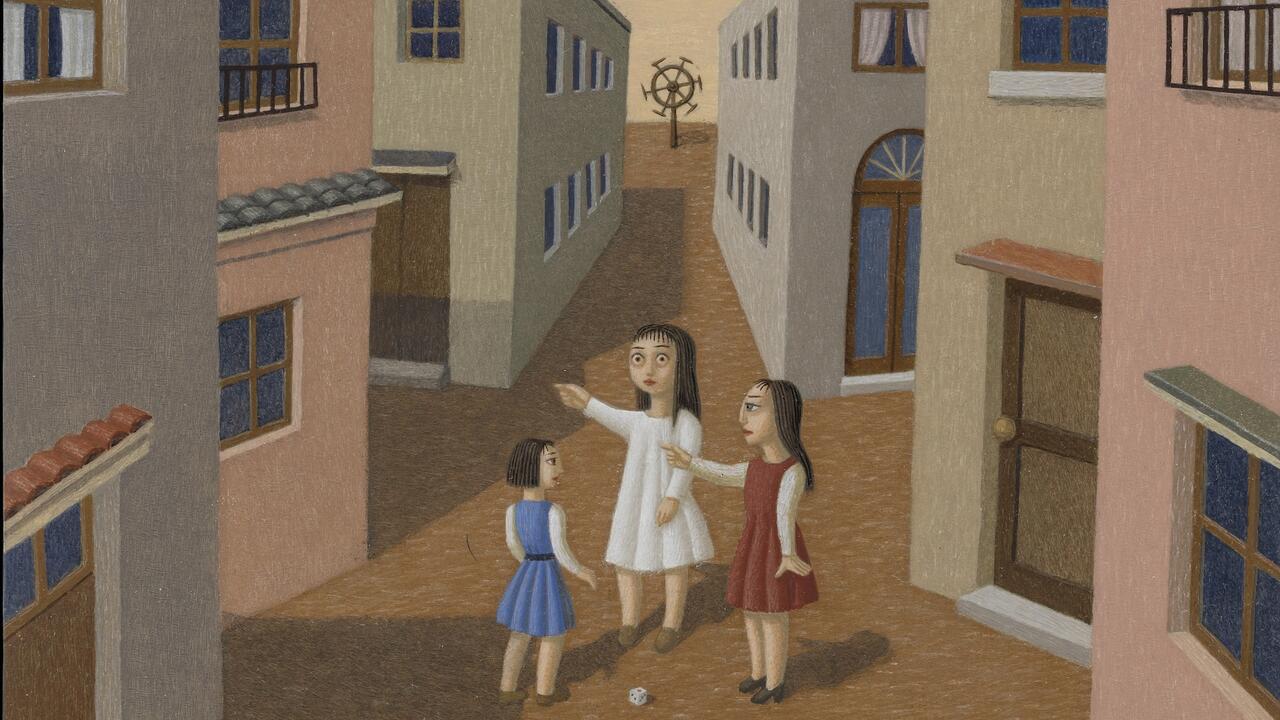Tate Suspends Ties With Anthony d’Offay After Harassment Claims
In other news: open letter demands reinstatement of documenta’s Annette Kulenkampff; ‘Russian Modernism’ show at Ghent museum questioned
In other news: open letter demands reinstatement of documenta’s Annette Kulenkampff; ‘Russian Modernism’ show at Ghent museum questioned

Tate and National Galleries Scotland have suspended ties with art dealer, collector and benefactor Anthony d’Offay after claims of sexual harassment emerged. 78-year-old d’Offay was the donor behind the Artist Rooms initiative, in which he sold nearly his entire collection to the galleries in 2008 for the artworks’s original prices – the then Tate director Nicholas Serota described it at the time as ‘one of the most generous gifts that has ever been made to museums in this country.’ Since 2009 there have been more than 120 Artist Rooms exhibitions in museums and galleries across the United Kingdom. But the Observer newspaper has published allegations of harassment and inappropriate behaviour involving d’Offay and women working in the art world that stretch from 1997 to 2004 – a former employee of d’Offay told the paper that in one incident he ‘pulled me really tight and started kissing my neck.’ D’Offay denies any allegations of misconduct. In a statement sent to frieze, Tate and National Galleries Scotland say that they ‘have been made aware of serious allegations of sexual harassment and inappropriate behaviour by Anthony d’Offay.’ The institutions state that in light of the claims, ‘it is appropriate to suspend any further contact with Mr d’Offay until these matters have been clarified.’ D’Offay stepped down on 19 December 2017 from his role as ex-officio curator to the Artist Rooms.
Artists, directors and curators have signed an open letter to the members of documenta's board demanding the reinstatement of Annette Kulenkampff, the CEO of the quinquennial exhibition’s parent company. Signatories include Volksbühne, Berlin, director Chris Dercon, director of Eindhoven's Van Abbemuseum Charles Esche, MAXXI, Rome, artistic director Hou Hanru, curator Kasper König and the artists Monica Bonvicini, Ines Doujak, Walid Raad and Wolfgang Tillmans. The letter claims that there has been no proof regarding Kulenkampff’s culpability for the exhibition’s siezeable deficit, 'which arose through a program concept for which all involved parties shared responsibility.’ The letter also criticizes local politicians who did not defend the exhibition after a far-right AfD politician described a work by Nigerian-born American artist Olu Oguibe as ‘disfigured art’. Kulenkampff is due to step down in June, a year before her contract expires – in November the city of Kassel said that her departure was ‘by mutual decision’. Last year’s documenta has triggered a string of open correspondence, from accusations of ‘art washing’ in Athen to arguments over its eventual budget deficit of EUR€5.4 million – read Ellen Mara De Wachter on how 2017 became the ‘year of the open letter’.
A show of 26 Russian avant-garde works including pieces by Wassily Kandinsky, Kazimir Malevich, and Vladimir Tatlin at the Museum of Fine Arts in Ghent has come under scrutiny. The works included in the ‘Russian Modernism’ exhibition are loaned from Belgium’s Dieleghem Foundation which is owned by Russian businessman Igor Toporovski. A letter to the Art Newspaper whose signatories include art historian Natalia Murray and art dealer James Butterwick calls the provenance of the included works ‘highly questionable’ and points out that the paintings ‘have no exhibition history, have never before been reproduced in serious scholarly publications, and have no traceable sales records’. The letter calls for proper authentification of the works: ‘Would it not be best, until answers to these questions are forthcoming, that the works are taken off view and not presented in a way that risks misleading the public?’
New York’s Mayoral Advisory Commission on City Art, Monuments and Markers set up by mayor Bill de Blasio to review ‘symbols of hate’ in the city has decided that all problematic monuments under debate are to remain in place with one exception (they recommend that the Central Park statue of 19th century physician J. Marion Sims, who experimented on enslaved black women, be relocated to the cemetery in Brooklyn where he is buried). Other controversial memorials will have plaques added to contextualize them. The 90-day commission was triggered by the violent white supremacist rally in Charlottesville, Virginia, last August which protested the removal of Confederate memorials.
In other New York news, Elizabeth Lamb has been named director of the city’s Company Gallery. She was previously director of Callicoon Fine Arts, and prior to that, studio manager for Rafael de Cardénas / Architecture at Large.
Finally, artist Robin Bell has projected ‘This place is a shithole’ on the facade of Washington, D.C.’s Trump International Hotel (in reference to the US president's alleged description of Haiti and African nations as ‘shithole countries’). Don’t miss Jonathon Sturgeon writing for frieze on the weaknesses in the recent spate of anti-Trump protest art: jokes which ‘reveal themselves to have arisen from a shallow, personalized trauma’.


